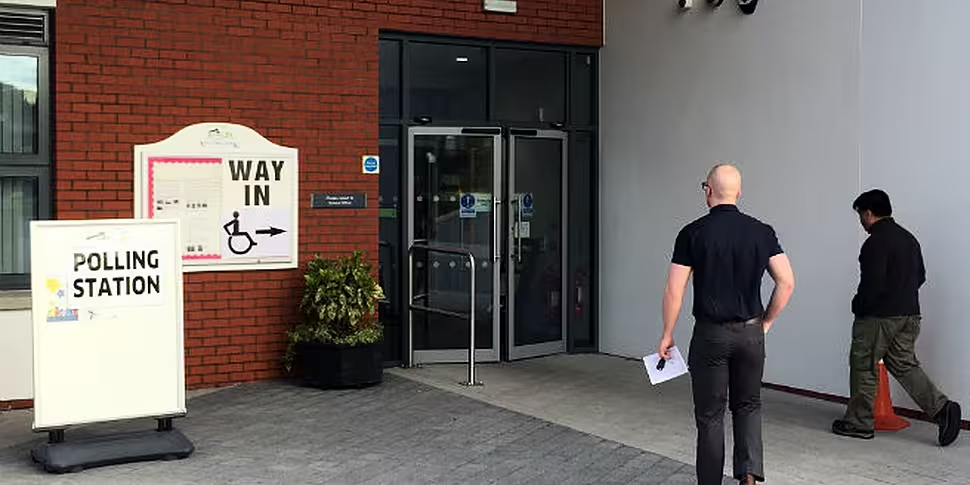Polls have opened across the UK in the first major test of political opinion since the last general election.
In Northern Ireland, all 108 Members of the Stormont Assembly are up for election for their five-year terms.
Polls suggest there will be little change in the makeup of the Assembly, with the DUP expected to remain the largest party, with Sinn Féin as the second largest group - a result that would see Arlene Foster remain as first minister and Martin McGuinness as deputy.
However, writing in the Belfast Telegraph yesterday, Ms Foster suggested that "Sinn Féin have been deliberately downplaying expectations in order to lull unionists into a false sense of security, but you can be sure that in this, the 100th anniversary of the Easter rebellion, their goal is to win this election".
Sinn Féin says their goal is to "maximise our vote and number of representatives".
In England, there are 2,743 seats up for grabs on 124 councils and 36 areas are choosing new police and crime commissioners.
All 129 Members of the Scottish Parliament (MSPs) are up for election for their five-year terms.
In Wales, all 60 Assembly Members are being elected, also for five years. Welsh voters will also elect police and crime commissioners.
There are also mayoral elections in Bristol, Liverpool, Salford and London.
Matthew Parris, political columnist with The Times, spoke to Newstalk Breakfast about the elections, and what they represent for the UK's major parties.
He said "Labour ought not to get too much of a kicking [...] because they did pretty badly last time. This should have been an opportunity for them to recover, especially as the government is stumbling pretty badly in lots of way
"This is a Labour party that ought to be gaining seats, and looks like they're going to be losing seats right across the United Kingdom".
He says that UKIP "are a factor", and are benefiting from the "collapse of the Labour party. They're going to get more new votes from former Labour voters than they are from Conservative voters".
However, he also suggested that "the Tory party is having a slow, collective nervous breakdown" amid a split in the Conservative ranks over the upcoming Brexit referendum.
"It's like one of those family rows where it has been decided that it's better to hammer everything out, bring it all out onto the table - which didn't work, because people are just now screaming at each other," he added.









